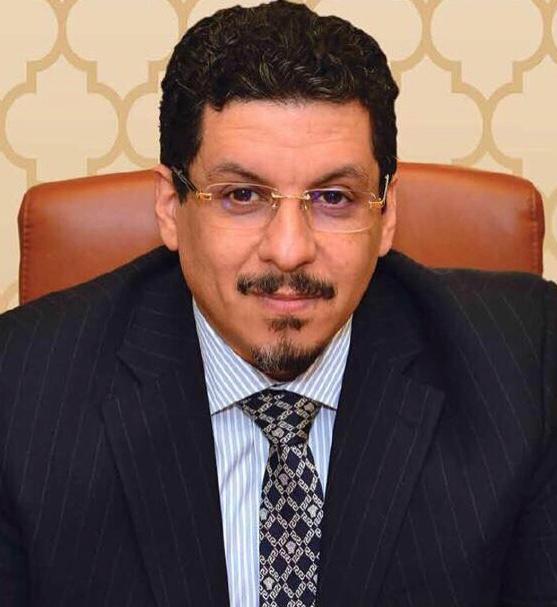By
Feb. 9, 2021 6:19 pm ET
Vice President Joe Biden welcomed the newly elected president of Yemen to the White House in 2012 as the U.S. hailed my homeland for its “historic and peaceful transfer of power.” Yemenis endorsed a roadmap toward inclusive, accountable democracy.
It was ambitious, but we were determined, and we knew we had a partner in the U.S. President Abdrabuh Mansour Hadi led a national dialogue that included political parties, tribal envoys, regional representatives, labor leaders, women and youth. We drafted a constitution and planned for new elections.
We Yemenis have learned the hard way the price of a collapsed democratic transition. In 2014 Houthi armed factions, backed by Iran, seized power and plunged Yemen into civil war. The Houthis have attacked civilian targets, including schools, mosques, airports and parades. They have launched drones and ballistic missiles at neighboring countries, and have coordinated with U.S.-designated terrorist groups such as the Islamic Revolutionary Guard Corps and Hezbollah. Last week we learned they are still obstructing international efforts to salvage the FSO Safer oil tanker and avert an environmental catastrophe.
Unfortunately, much of Congress’s attention—notably among Democrats—has focused not on the Houthis but on the Arab countries striving to restore Yemen’s legitimate government in line with multiple U.N. resolutions.
We welcome President Biden’s desire to accelerate a negotiated solution, even after announcing the end of U.S. assistance for the coalition’s “offensive” operations.
Yemen is suffering, and the images of despair—exacerbated by floods, a cholera epidemic and Covid-19—are gut-wrenching. It’s understandable that Mr. Biden and many Americans want to extricate themselves. No one prays and struggles for an end to this war more than we do. But that doesn’t mean we will submit to fanatics who send Yemeni children to “indoctrination camps” and whose motto proclaims “Death to America” and “Curse on the Jews.”
We seek a role in governance for all Yemenis. But getting there will require sustained U.S. pressure on the Houthis and their enablers. We worry about that commitment given the administration’s decision to revoke its designation of the Houthis as a foreign terrorist organization. It is difficult to see how that will encourage them to choose talks over terrorism, or Iran to stop transferring advanced weaponry or training Houthi militias.
We need a realistic and robust peace plan for Yemen, backed by the full force of American diplomacy. We welcome the new U.S. special envoy to Yemen, Timothy Lenderking, and we commit to working for a political solution.
We share Mr. Biden’s view that this war has gone on far too long. But we also recall his commitments. During his vice presidency, the U.S. vowed to “stand with the people of Yemen as they continue their efforts to forge a brighter future for their country.” We see that brighter future as a democratic one. We hope the president shares our views.
*Mr. BinMubarak is Yemen’s minister of foreign affairs and expatriates.

